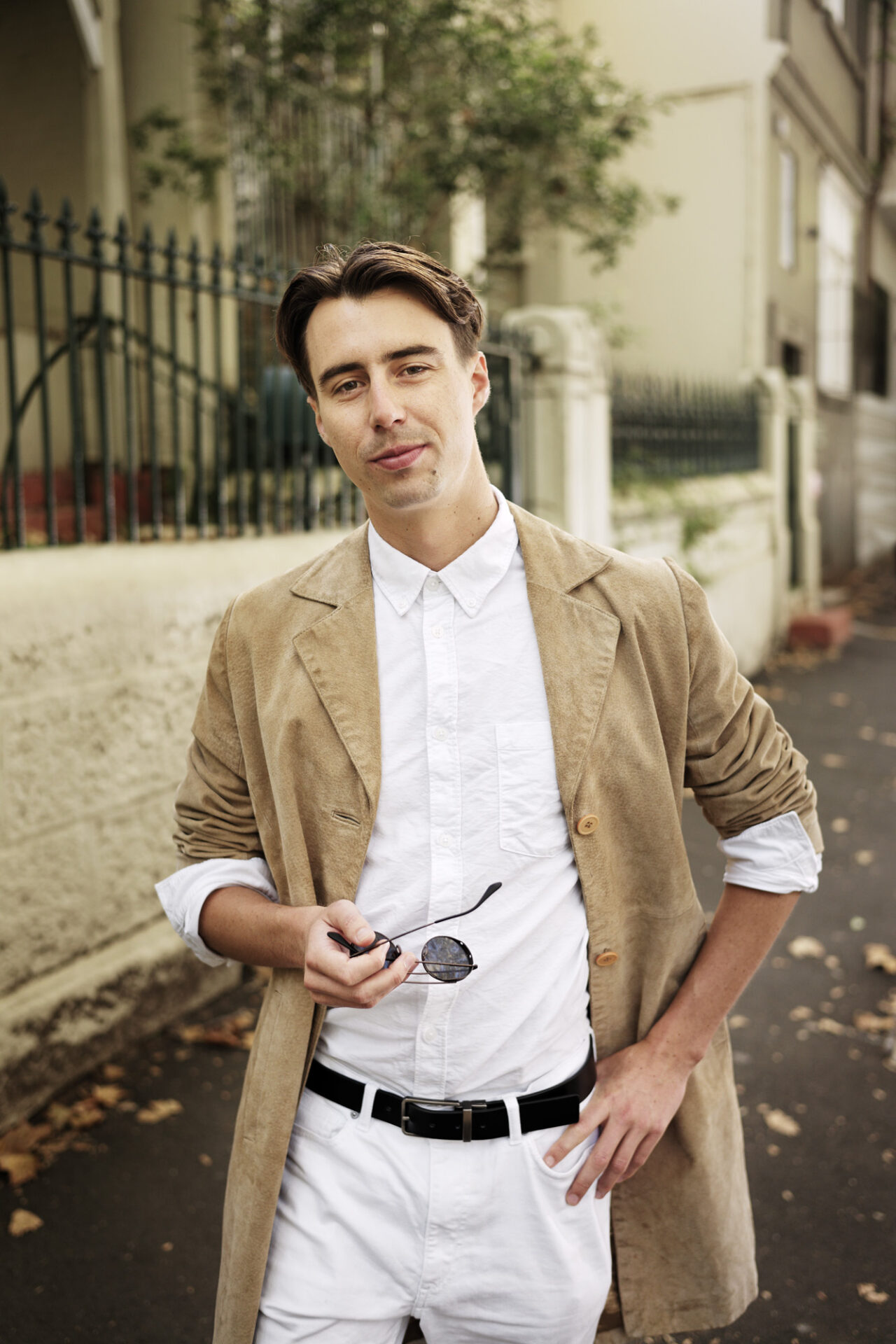
This is something that I’ve never seen another organisation address in this way ever before.
This is why prohibition is undermining our democracy
Kamili J. Hennessy
28.6.21
I didn’t understand drugs or neurochemistry when I left school and home. Growing up, I only heard one viewpoint on the matter; drugs were dangerous and people who take drugs are bad. If you only hear one (inaccurate) voice, you’re not set up to effectively deal with the real world. It’s no wonder we’ve been conditioned to think in that particular way.
I joined StoryLab because my experience with substances, and those of many friends, differs greatly from that singular, dominant viewpoint. Talking with other StoryLab members showed me that we’re not alone in our experiences. It showed me that I’m not crazy. You can sometimes feel that way when most of society is telling you that you’re a scumbag and criminal, even when I knew I wasn’t, even with straight-As and other ‘official’ accolades.
From a young age, I internalised the idea that using drugs will take you away from ‘purity.’ It wasn’t until I started university that I saw the reality of drug use. I had this misconception that anything legal must be good, while illegal must be bad. This was based on trust, in the government and police. But what I saw was a lot of people’s behaviour turn terrible when drinking alcohol – violence, vomiting, and acting on insecurities – whereas cannabis and MDMA were completely different. MDMA is called the love drug for a reason. Depending on how it’s cut (an inherent risk of prohibition), it causes more of an emotional and sensory uplift, intense bonding and open conversations. In my experience, it was the drug of alcohol that became poison for my mind and my body. Yet, having a drink at the pub is acceptable, while using other drugs makes you a criminal.
You get brought up being told the police are there to protect you, but I’ve never had that kind of experience with the law. The first time I was stopped and searched, I was profiled as a ‘skater boy’ type in the early hours of the morning. The police treated me like I was an animal, with complete disrespect. The second incident was at a music festival, where I‘d become separated from friends. It was brutal – it was sexual harassment. I’ve even experienced targeted treatment in my professional capacity as a music festival operator; I was shaken down by the police while at a work meeting.
Despite the coroner’s recommendations after the tragic summer of festival deaths, strip searches and sniffer dogs are still rife across NSW. This is all under the guise of helping, of protecting. But instead of taking a health-based, evidence-based response, backed by such recommendations, the government are now charging festival organisers exorbitant costs for amped-up police presence. The misconception is that these institutions are there to look out for your interests, but practically they’re not.
If this is truly a democracy, then we can’t just have one dictating viewpoint. We need to bring more voices into the conversation, beyond ‘traditional’ media, politicians and police. If we can give people who use drugs a voice, others might see parts of themselves, or someone they know, in those stories. They might connect on that personal level, or simply hear a fresh insight they hadn’t heard before.
Being part of Unharm’s StoryLab program has given us the tools to use our voices. We were given expert legal advice as well as media training and interview practice with journalists. We now know how to position ourselves to the media and provide thoughtful conversation around issues that aren’t easy to tackle. This is something that I’ve never seen another organisation address in this way ever before.
StoryLab has been a positive experience and one that still continues, long after the workshops. We become mentors for the next group of participants, joining us and telling their stories. We’ve been under the boot for a long time, so it won’t happen overnight, but hopefully, our open honesty will motivate others to share their stories. This can no longer be a one-sided debate. That’s not how life, or our courtrooms, should function.
Kamili J. Hennessy is a writer, financial planning officer and former festival manager from regional NSW, and a member of Unharm. He is sharing his story as part of Unharm’s StoryLab program.
Share your story
If you have your own lived experience to share and are passionate about this issue – we’d love to hear from you, as we know that people with lived experience are the best advocates for a more compassionate approach to drug use. Click here to find out more about how you can share your story.
Sign up
Sign up for movement news and opportunities to get involved
We are building a movement to make drug use legal and safe in Australia so that everyone has a better chance to lead a healthy and happy life.